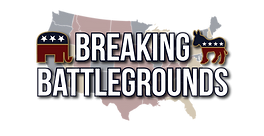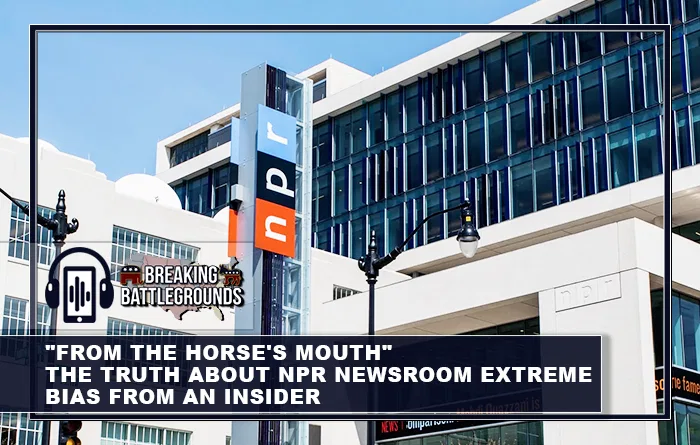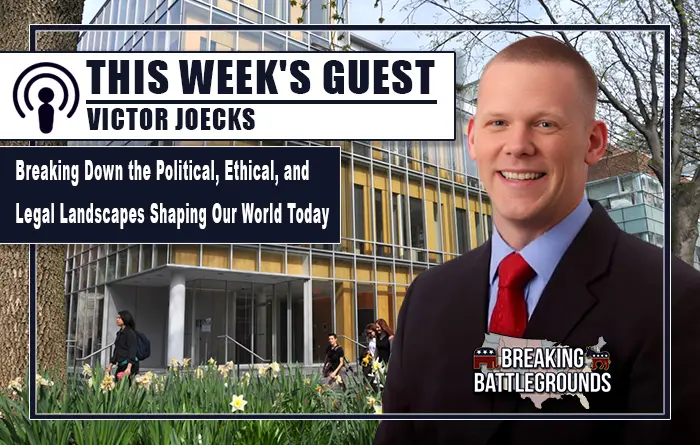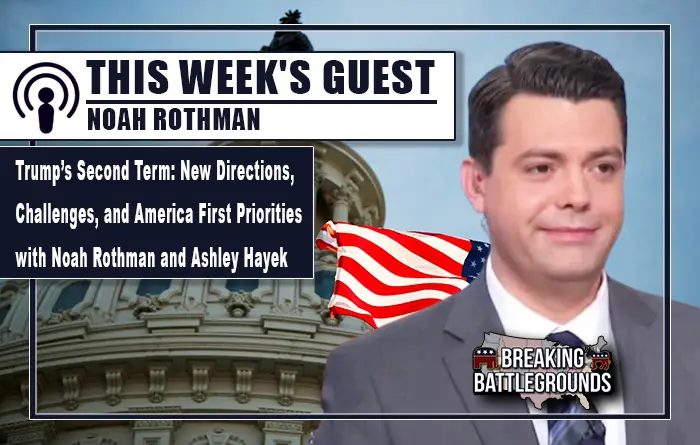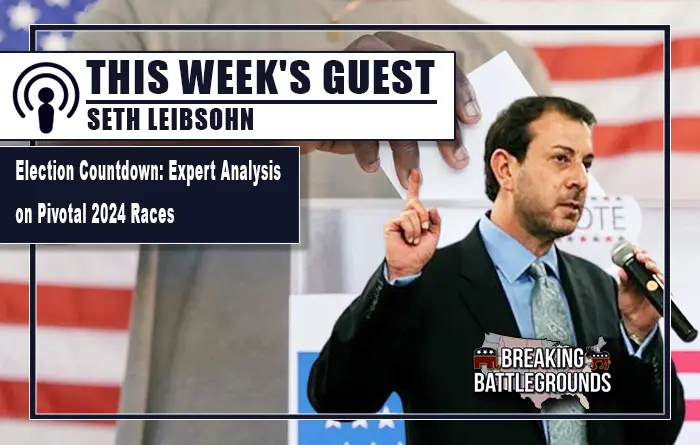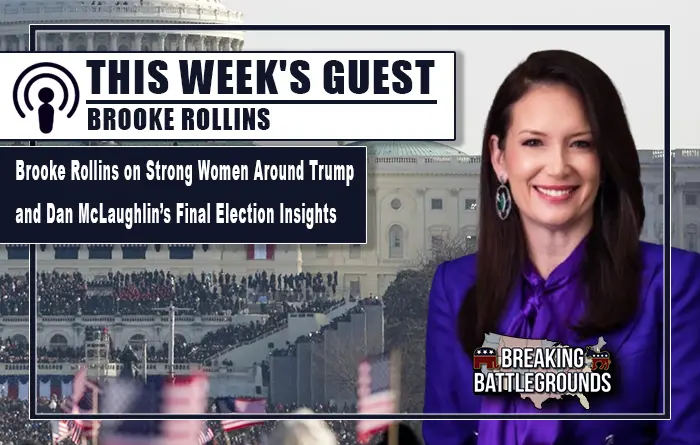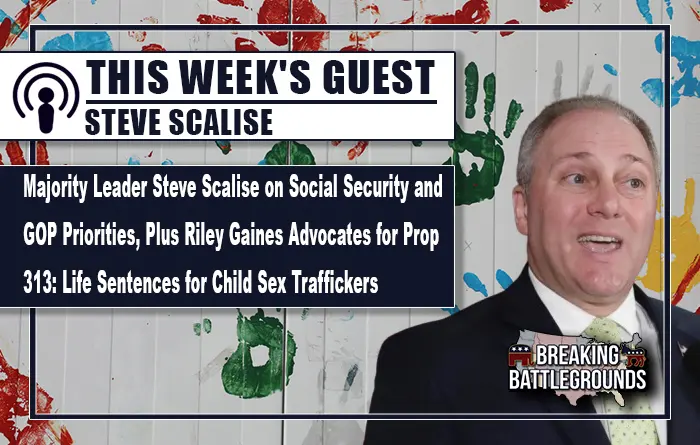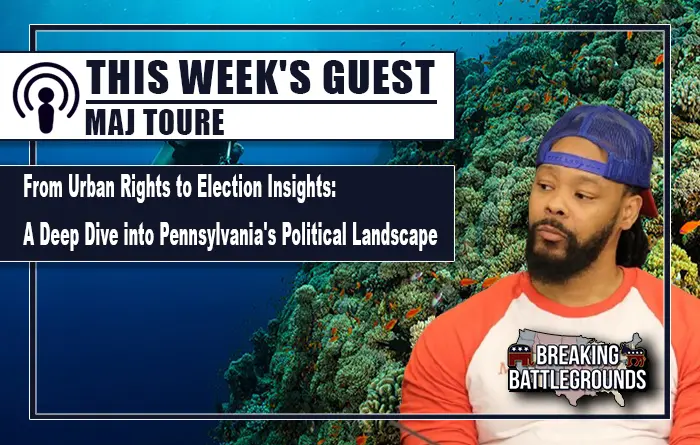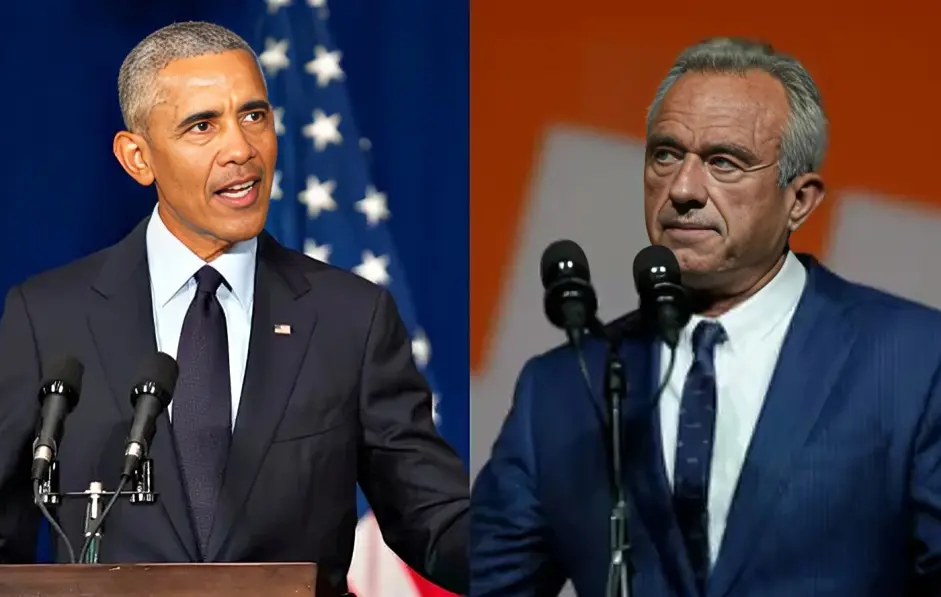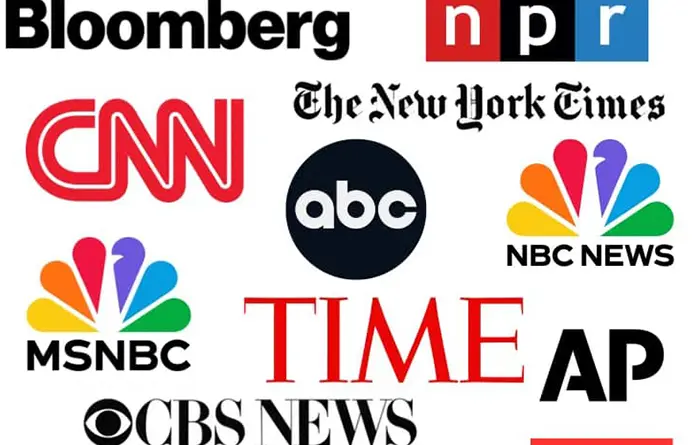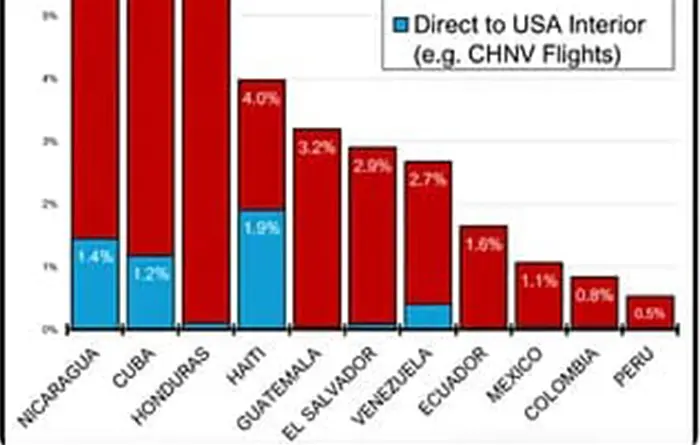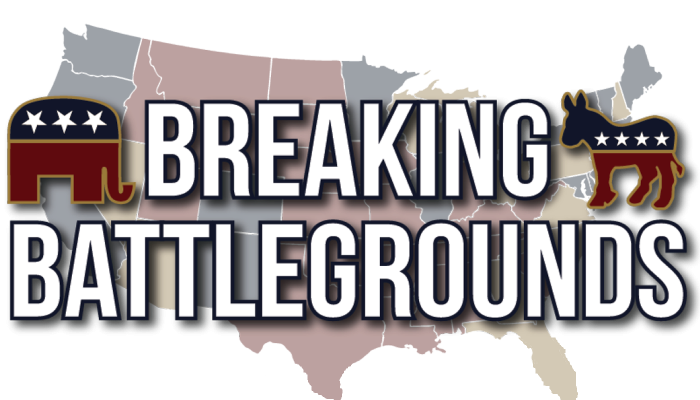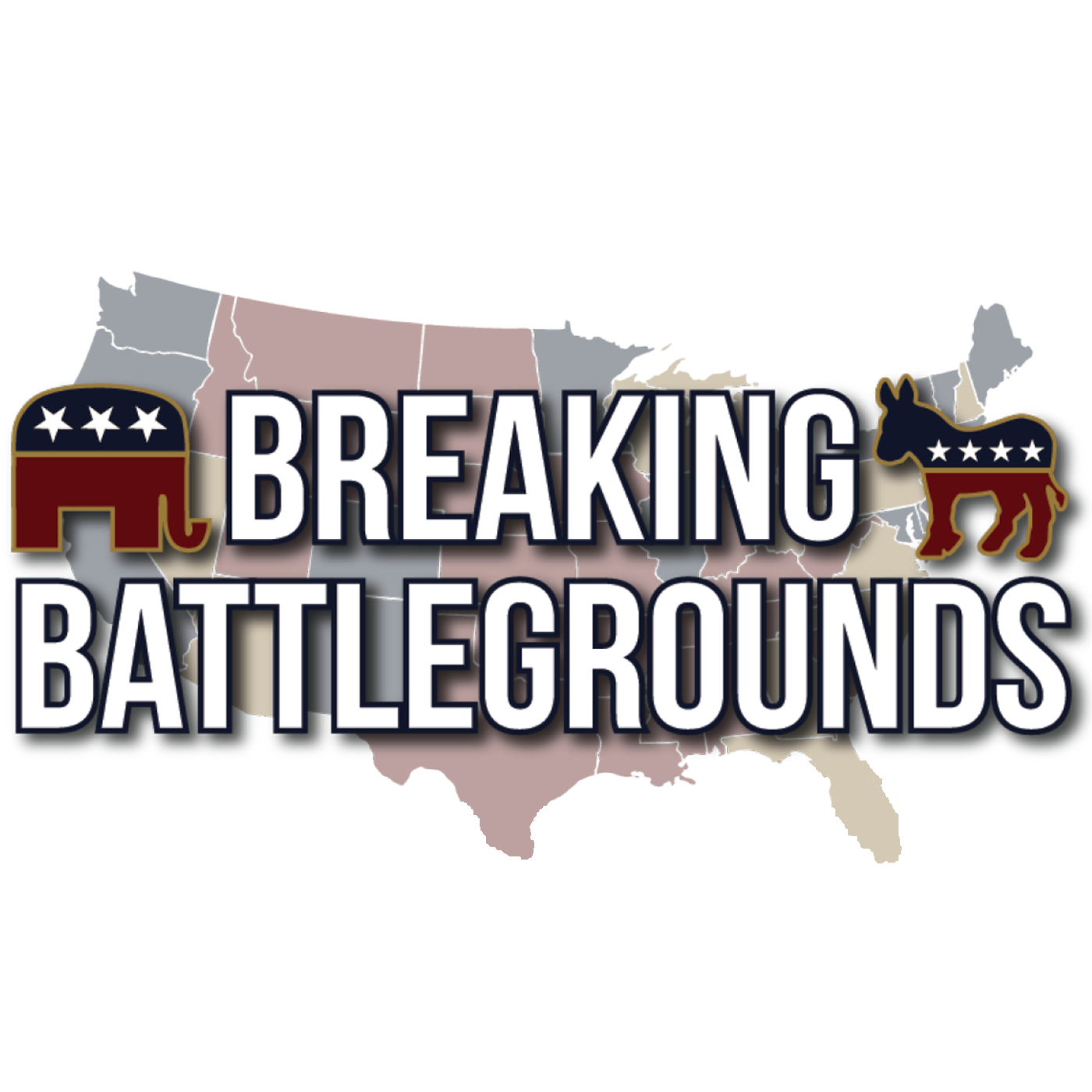Today, I read an interesting story in The Free Press titled “I’ve Been at NPR for 25 Years. Here’s How We Lost America’s Trust.”
According to the article, in 2011, the NPR audience was comprised of 26% conservative, 23% middle-of-the-road, and 37% liberal individuals. That’s nearly 50% of listeners were moderate or conservative. By 2023, the NPR audience significantly lost these folks with an audience comprised of 67% of listeners identifying as somewhat or very liberal. Only 11% of listeners identify as conservative and 21% identifying as middle of the road.
The author of this article, Uri Berliner, began working at NPR 25 years ago. Although he describes himself as the typical NPR mold, Uri points out just how NPR lost their way.
As with all MSM, of course, it began with Donald Trump.
Here are the key takeaways for the article which explains first-hand exactly how NPR lost the trust of their listeners and became nothing but radio for white elitists.
“NPR hosts interviewed (Representative Adam) Schiff 25 times about Trump and Russia…But when the Mueller report found no credible evidence of collusion, NPR’s coverage was notably sparse. Russiagate quietly faded from our programming.”
When the Hunter Biden report broke, NPR’s managing editor said “We don’t want to waste our time on stories that are not really stories, and we don’t want to waste the listeners’ and readers’ time on stories that are just pure distractions.” As if that statement wasn’t comical enough, Uri goes on to say, “during a meeting with colleagues, I listened as one of NPR’s best and most fair-minded journalists said it was good we weren’t following the laptop story because it could help Trump.”
Despite the evidence, “we (NPR) became fervent members of Team Natural Origin, even declaring that the lab leak had been debunked by scientists.”
After the murder of George Floyd, NPR CEO, John Lansing, declared NPR’s mission was to end systemic racism stating NPR was part of the problem. Moving forward from there, Uri explains “race and identity became paramount in nearly every aspect of the workplace. Journalists were required to ask everyone we interviewed their race, gender, and ethnicity (among other questions), and had to enter it in a centralized tracking system.” And “DEI staff offered regular meetings imploring us to ‘start talking about race.’” This lead to “the absence of viewpoint diversity.”
NPR created a “number of employee resource (or affinity) groups based on identity” which included; MGIPOC (Marginalized Genders and Intersex People of Color mentorship program); Mi Gente (Latinx employees at NPR); NPR Noir (black employees at NPR); Southwest Asians and North Africans at NPR; Ummah (for Muslim-identifying employees); Women, Gender-Expansive, and Transgender People in Technology Throughout Public Media; Khevre (Jewish heritage and culture at NPR); and NPR Pride (LGBTQIA employees at NPR).” These groups began to determine the language and vocabulary used by NPR journalists. One example, “we’re asked to avoid the term biological sex.”
“…we (NPR) described the controversial education bill in Florida as the “Don’t Say Gay” bill when it didn’t even use the word gay.”
NPR’s biased reporting continues all the way up to today. Just recently NPR began “highlighting the suffering of Palestinians at almost every turn while downplaying the atrocities of October 7, overlooking how Hamas intentionally puts Palestinian civilians in peril, and giving little weight to the explosion of antisemitic hate around the world.“
Politics and Donald Trump are overshadowing the curiosity and independence that should be guiding journalists work. Independent journalism does not exist within NPR. Uri stated, “concerned by the lack of viewpoint diversity, I looked at voter registration for our newsroom. In D.C., where NPR is headquartered and many of us live, I found 87 registered Democrats working in editorial positions and zero Republicans. None.”
After reviewing these examples, I looked back at the original 2011 listenership numbers – 26% conservative, 23% middle-of-the-road, and 37% liberal individuals – and compared them to 2023’s listenership numbers – 67% somewhat or very liberal, 11% conservative and 21% middle-of-the-road. Despite, CEO John Lansing’s efforts to “diversify” the staff and listenership he did the exact opposite. The audience breakdown in 2011 resembled closer to the American population than today. Only 7% of NPR listeners are black and only 7% are hispanic.
“Our news audience doesn’t come close to reflecting America. It’s overwhelmingly white and progressive, and clustered around coastal cities and college towns.” Uri stated.
NPR C-Suite executives are delusional. Just 2 months ago, NPR boasted to their employees that they had a higher trustworthy score than CNN and The New York Times. According to the researched conducted by Harris Poll in which these executives were referring to, the poll found that “3-in-10 audience members familiar with NPR said they associate NPR with the characteristic ‘trustworthy.’ ”
In a world where only 30% of your audience members consider you to be trustworthy and that’s something NPR believes is something to be proud of is completely delusional.
NPR had a balanced audience but they chose to base their reporting on the far left and focus on the hatred of Trump. Like many MSM outlets, it hasn’t bode well from them and their listeners.
